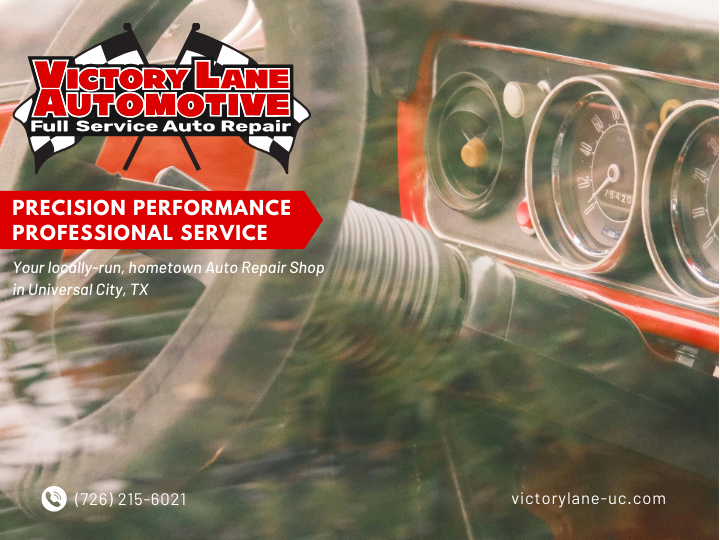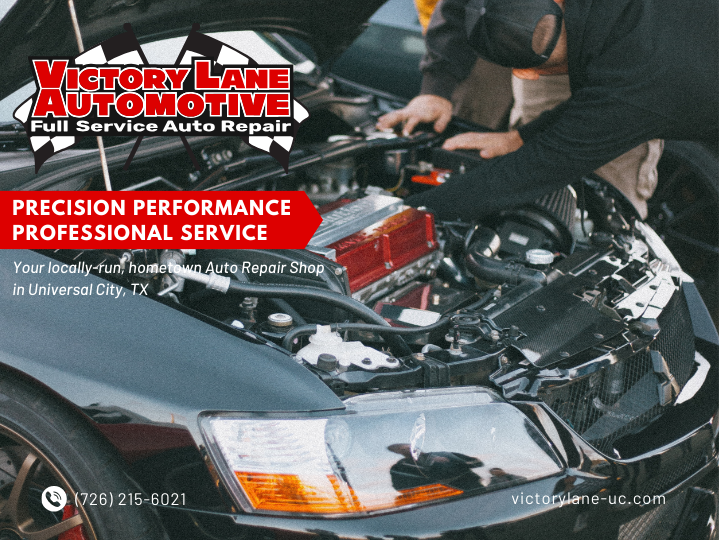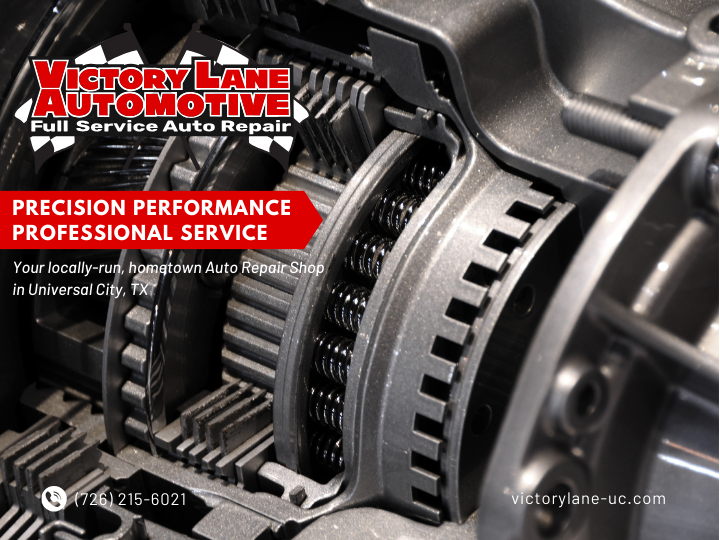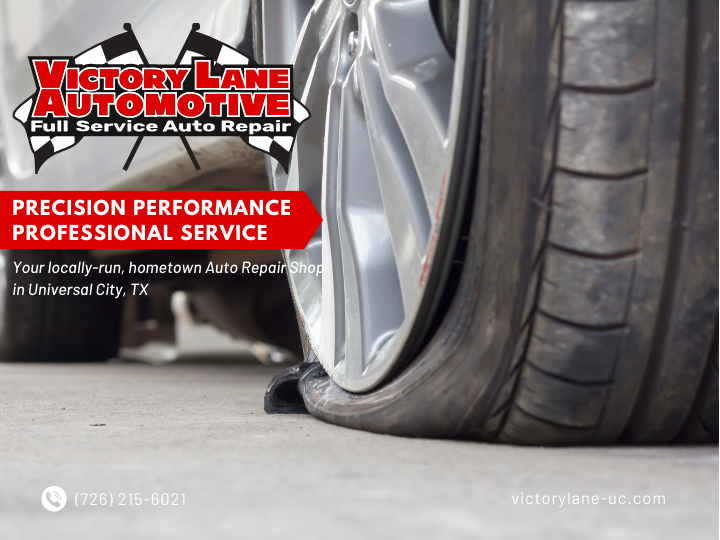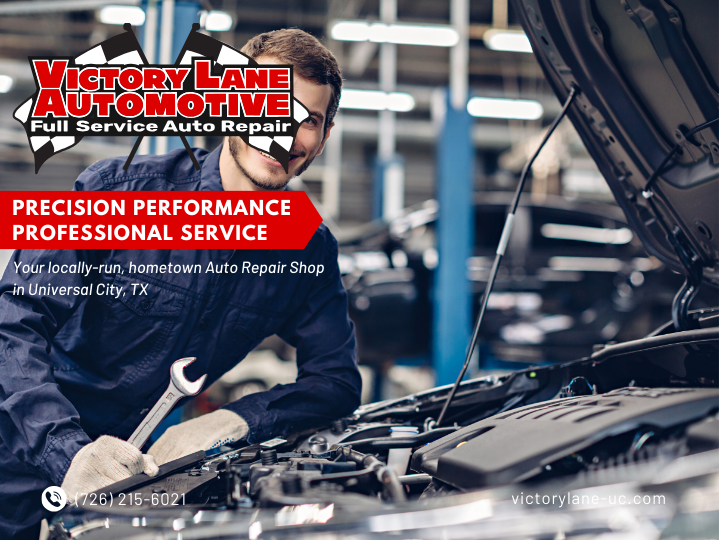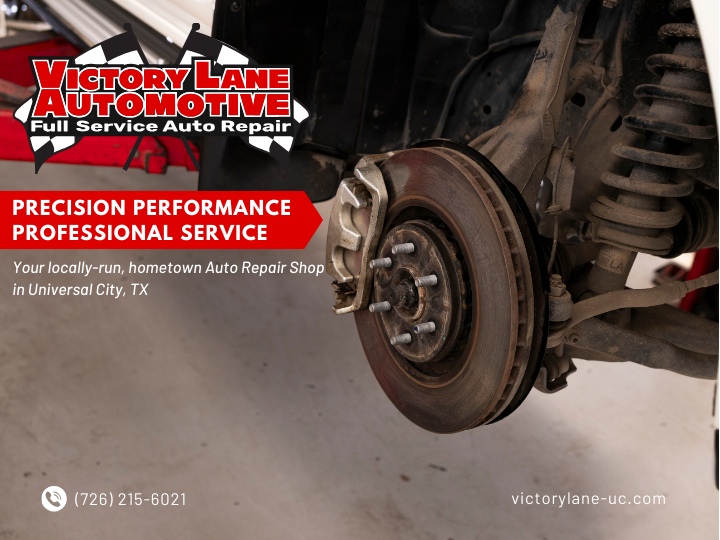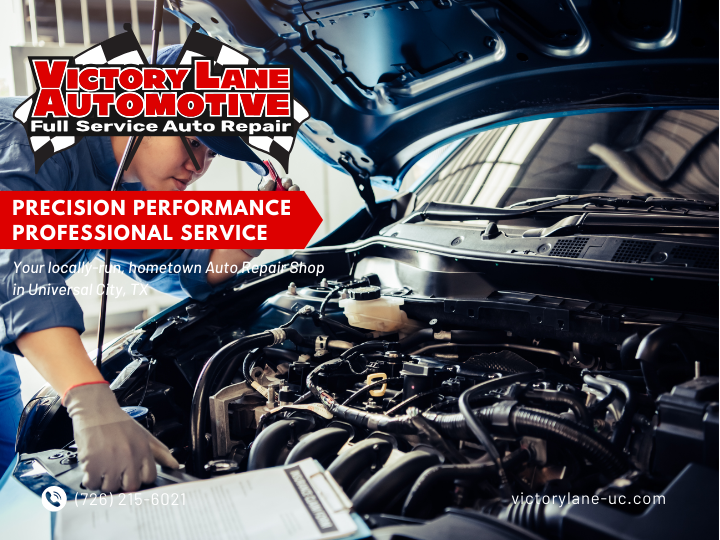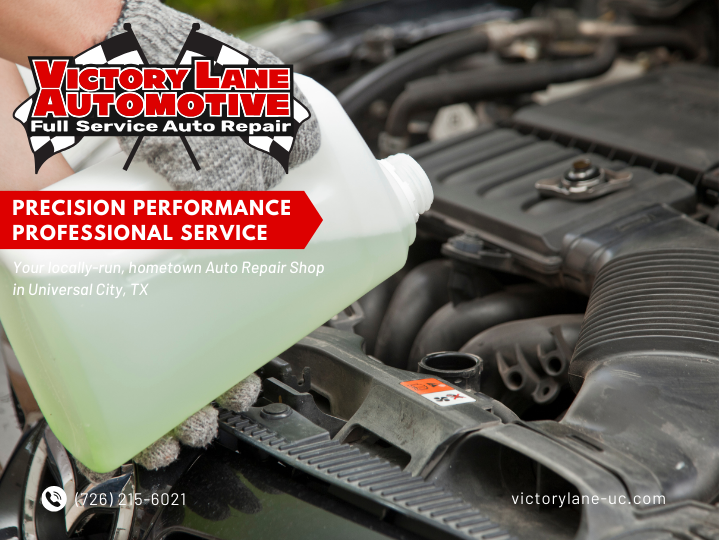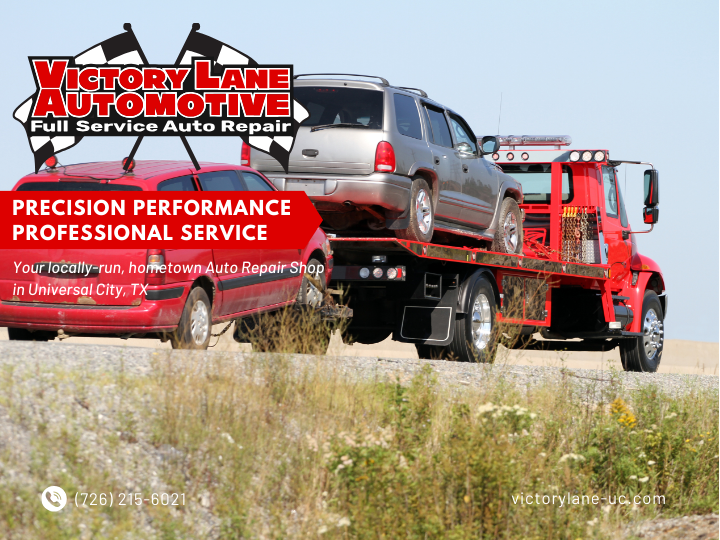Why does my car keep stalling?
Why Does My vehicle Keep Stalling?
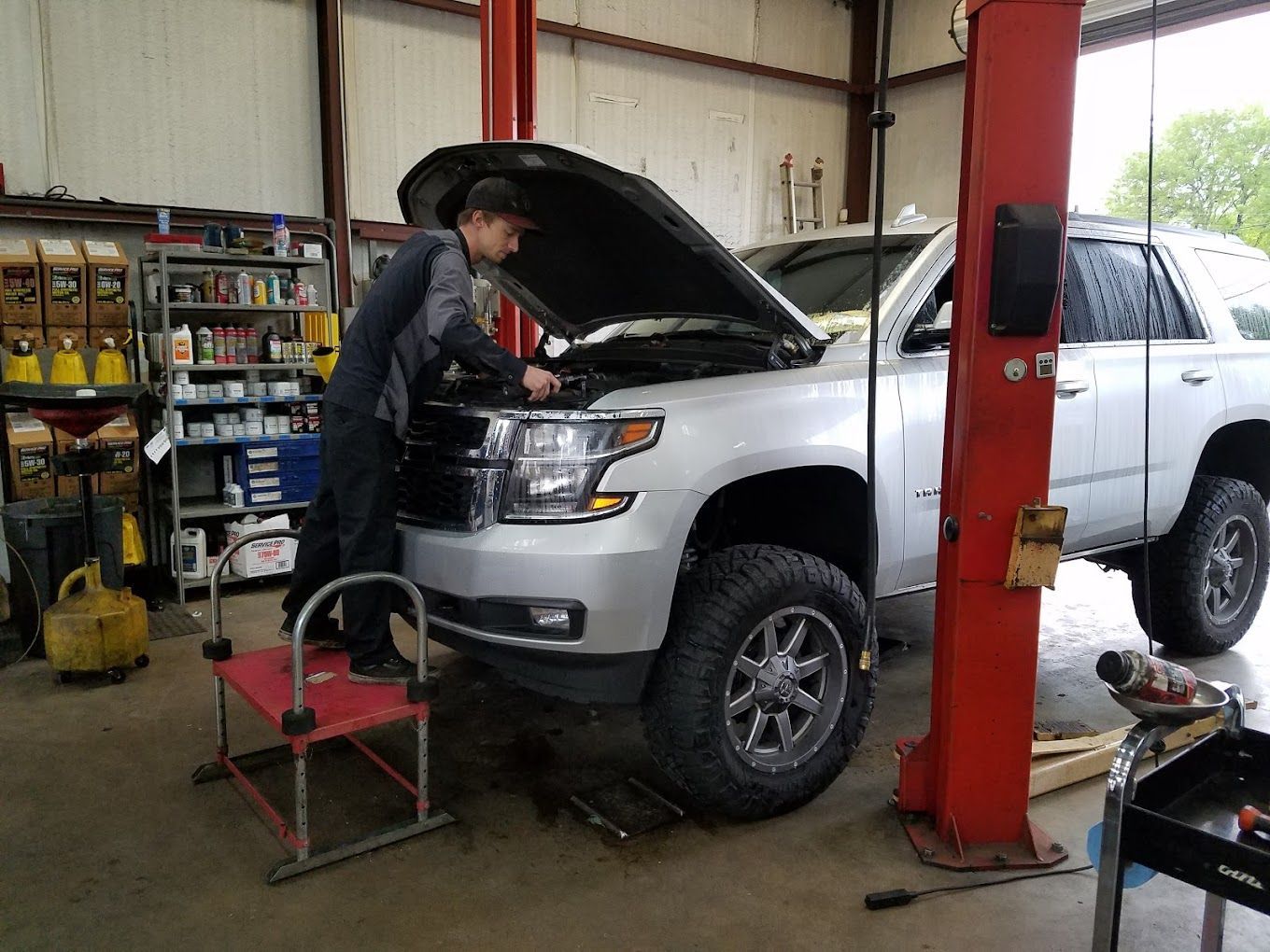
Why Does My Car Keep Stalling?
One of the most frustrating experiences for any driver is when their car suddenly stalls. Whether it happens at a stoplight, in the middle of traffic, or while cruising down the highway, a stalling engine is not only inconvenient but can also be dangerous. If you’ve been experiencing frequent stalls, it’s important to get to the root cause quickly to avoid potentially serious issues. This detailed guide will walk you through the common causes of car stalling, how to diagnose the problem, and what you can do to fix it.
Understanding Stalling: What Does It Mean?
Before we dive into the causes of stalling, let’s first define what stalling actually is. In simple terms, a car stalls when the engine stops running unexpectedly. This can happen when the vehicle is idling, when you’re accelerating, or even when driving at a steady speed. While some stalls are brief and the engine restarts easily, others can cause the car to shut down completely, requiring immediate attention.
So, why does this happen? There are multiple systems within your car that work together to keep the engine running smoothly. When any of these systems malfunction, the engine can lose power and stop working. Some of the most common reasons include problems with fuel delivery, air intake, electrical components, or sensors.
Now, let's break down the specific causes.
1. Fuel Delivery Issues
Fuel is the lifeblood of your engine. Without it, the engine can't produce power, and thus, the car won't run. If fuel isn't being properly delivered to the engine, it can cause the car to stall.
Common Fuel-Related Problems:
- Clogged Fuel Filter: Over time, dirt, rust, and other contaminants can build up in your fuel filter, restricting the flow of fuel to the engine. When the engine doesn’t receive enough fuel, it can stall.
- Failing Fuel Pump: The fuel pump’s job is to deliver gasoline from the fuel tank to the engine. If the fuel pump is malfunctioning, it may not provide a steady stream of fuel, causing the engine to stall, particularly during acceleration or when going uphill.
- Empty or Low Fuel: Sometimes the issue is simple — not enough fuel in the tank. If your fuel gauge is inaccurate, you might be running on empty without realizing it.
Symptoms of Fuel Delivery Issues:
- Stalling occurs when accelerating or going up a hill
- Difficulty starting the car
- Noticeable loss of power when driving
2. Air Intake Problems
Your engine needs a precise mixture of fuel and air to run efficiently. If there’s a problem with the air supply, the engine won’t be able to function properly, which can lead to stalling.
Common Air Intake Problems:
- Dirty or Clogged Air Filter: The air filter prevents dust, dirt, and debris from entering your engine. If it becomes clogged, it will restrict airflow, leading to an overly rich air/fuel mixture, which can cause the engine to stall, especially at low speeds.
- Mass Air Flow Sensor Failure: The mass air flow (MAF) sensor measures the amount of air entering the engine and helps adjust the fuel injection accordingly. If the MAF sensor is faulty, it can cause incorrect air-to-fuel ratios, leading to engine stalls.
- Vacuum Leaks: Your engine relies on vacuum pressure to regulate many of its functions. If there’s a leak in one of the vacuum hoses, the engine might struggle to maintain proper RPMs and could stall.
Symptoms of Air Intake Problems:
- Engine stalling at idle or low speeds
- Decreased fuel efficiency
- Check engine light comes on (especially with MAF sensor issues)
3. Electrical System Failures
The electrical system in your car is responsible for delivering power to the ignition and fuel systems. If there’s a fault in the electrical components, the engine may cut off unexpectedly.
Common Electrical Problems:
- Faulty Alternator: The alternator powers your car’s electrical systems and recharges the battery. If the alternator is failing, the battery won’t hold a charge, and the car could stall due to a lack of electrical power.
- Bad Spark Plugs or Ignition Coils: Spark plugs ignite the fuel/air mixture in the engine. If they are worn or damaged, they may not fire correctly, causing misfires or stalls. Similarly, faulty ignition coils (which deliver voltage to the spark plugs) can cause stalling.
- Dead Battery: A weak or dead battery can cause your car to stall, particularly if the alternator isn’t providing enough charge.
Symptoms of Electrical System Problems:
- Engine stalling with electrical issues (dimming lights, weak radio signals)
- Car struggles to start or won’t start at all
- Dashboard lights flickering or check engine light illuminated
4. Sensor Failures
Modern cars are equipped with multiple sensors that monitor everything from engine temperature to oxygen levels in the exhaust. These sensors provide vital data to the car’s computer, which adjusts engine performance accordingly. If one of these sensors malfunctions, it can lead to stalling.
Key Sensors to Watch For:
- Oxygen Sensor (O2 Sensor): This sensor measures the amount of oxygen in the exhaust gasses and helps the engine adjust the air-to-fuel ratio. A failing O2 sensor can cause the engine to run too rich or too lean, leading to stalls.
- Throttle Position Sensor (TPS): The TPS monitors the position of the throttle and helps control the air/fuel mixture. If it fails, the engine may hesitate, surge, or stall.
- Crankshaft Position Sensor: This sensor tracks the speed and position of the crankshaft. If it malfunctions, the engine can stall because it loses track of engine timing.
Symptoms of Sensor Failures:
- Irregular engine performance (surging, hesitation)
- Check engine light may come on
- Stalling when slowing down or coming to a stop
5. Transmission Problems
If your car stalls when you come to a stop or when shifting gears, the transmission might be at fault. Automatic transmissions rely on proper gear engagement and disengagement to maintain engine power. If there’s a problem with the transmission’s torque converter, it can cause stalling, especially at idle or low speeds.
Common Transmission Issues:
- Faulty Torque Converter: The torque converter allows the engine to continue running when the car is stopped. If it’s not functioning properly, it can cause the engine to stall at idle.
- Transmission Fluid Issues: Low or contaminated transmission fluid can cause shifting problems, which may lead to stalling when the car is under load.
Symptoms of Transmission Problems:
- Stalling when shifting into gear or coming to a stop
- Unusual transmission noises or difficulty shifting
- Transmission slipping or jerking during acceleration
6. Miscellaneous Causes
Some other, less common factors can also cause your car to stall:
- Overheating: If your engine overheats, it may automatically shut down to prevent damage, causing a stall. Look for signs of overheating, such as a rising temperature gauge, steam from the hood, or the smell of coolant.
- Bad Engine Control Unit (ECU): The ECU is the computer that controls your engine’s various systems. A malfunctioning ECU can cause erratic engine behavior, including stalling.
- Fuel Quality Issues: Contaminated fuel or the wrong type of fuel can cause the engine to run poorly and stall.
Preventing Future Stalling
Regular maintenance is the key to preventing stalling issues. Make sure to:
- Replace air and fuel filters at regular intervals.
- Keep an eye on your vehicle's fluids (oil, transmission, coolant).
- Schedule regular tune-ups to ensure that sensors, spark plugs, and other components are in good working order.
Final Thoughts
Car stalling can be caused by a variety of issues, from something as simple as a dirty air filter to more complex problems like sensor failures or transmission issues. While stalling is often fixable, it's important to address it early to avoid further damage to your vehicle. By understanding the root causes and symptoms of stalling, you can keep your car running smoothly and stay safe on the road. If you're unsure of what's causing the problem, don't hesitate to give us a call.



